From the time of the prophet and priest Samuel, God’s prophets “gathered into groups known as schools of prophets or sons of prophets. Experienced prophets were mentors for younger ones, and they lived and worked together in the Lord’s service.”[1] These apprentice prophets were called “sons” of the prophets (or “company” of the prophets) and the teacher was sometimes called the “father” (2 Kings 2:12, 6:21). Some of these sons of the prophets were married, and so probably lived in their own houses (2 Kings 4:1, 2), while others were unmarried and and lived in a common house (2 Kings 6:1, 2) and ate at a common table (2 Kings 4:38).[2] Possibly established by Samuel himself, these companies of prophets “were part of a formed order, whose mission seems to have been to assist the prophets in their duties, and eventually succeed them. They were not a monastic order, as some suppose, nor were they merely theological students, though they probably studied the law and the history of God’s people, together with sacred poetry and music.”[3]
“How long these schools were around isn’t definitely known. They seem to have flourished most in the time of Samuel, Elijah, and Elisha.”
James M. Freeman
Several of these schools of prophets existed including one at Bethel which Elijah had founded.[4] Significantly, Bethel was also the headquarters of calf worship (2 Kings 2:3). Other schools were established in Ramah (1 Samuel 19:19, 20), Jericho (2 Kings 2:5), Gilgal (2 Kings 4:38), and probably other places as well (see 1 Samuel 10:5,10; 2 Kings 6:1). Each school also had several members. A hundred are spoken of in Gilgal (2 Kings 4:43), and at least fifty in Jericho (2 Kings 2:7). In fact, 1 Kings 18:4 reveals that there were well over one hundred total prophets. And God even called upon these schools of prophets on occasion (2 Kings 9:1-10). “How long these schools were around isn’t definitely known. They seem to have flourished most in the time of Samuel, Elijah, and Elisha.”[5] Fifty years after Elisha’s death the shepherd and fruit picker Amos prophesied; and according to his own account, he had no training in prophetic school, though it does not necessarily follow that none existed in his day (See Amos 7:14).
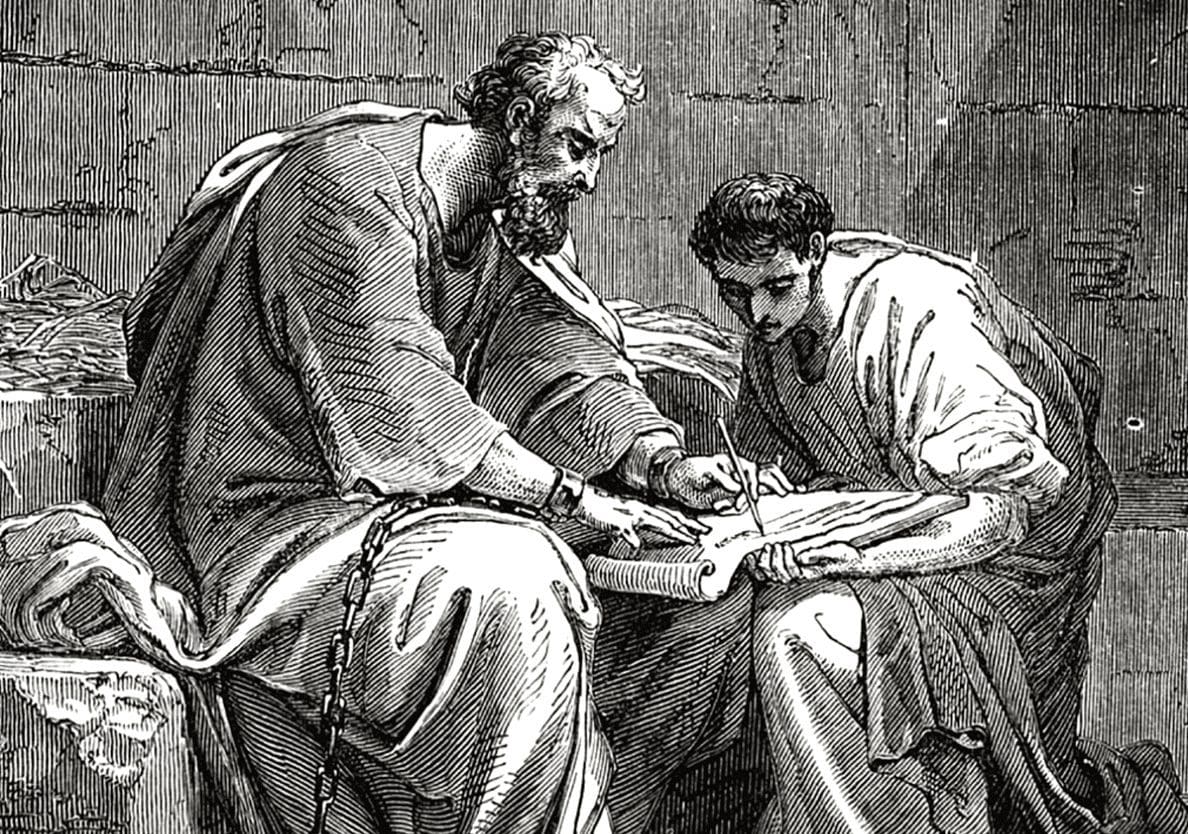
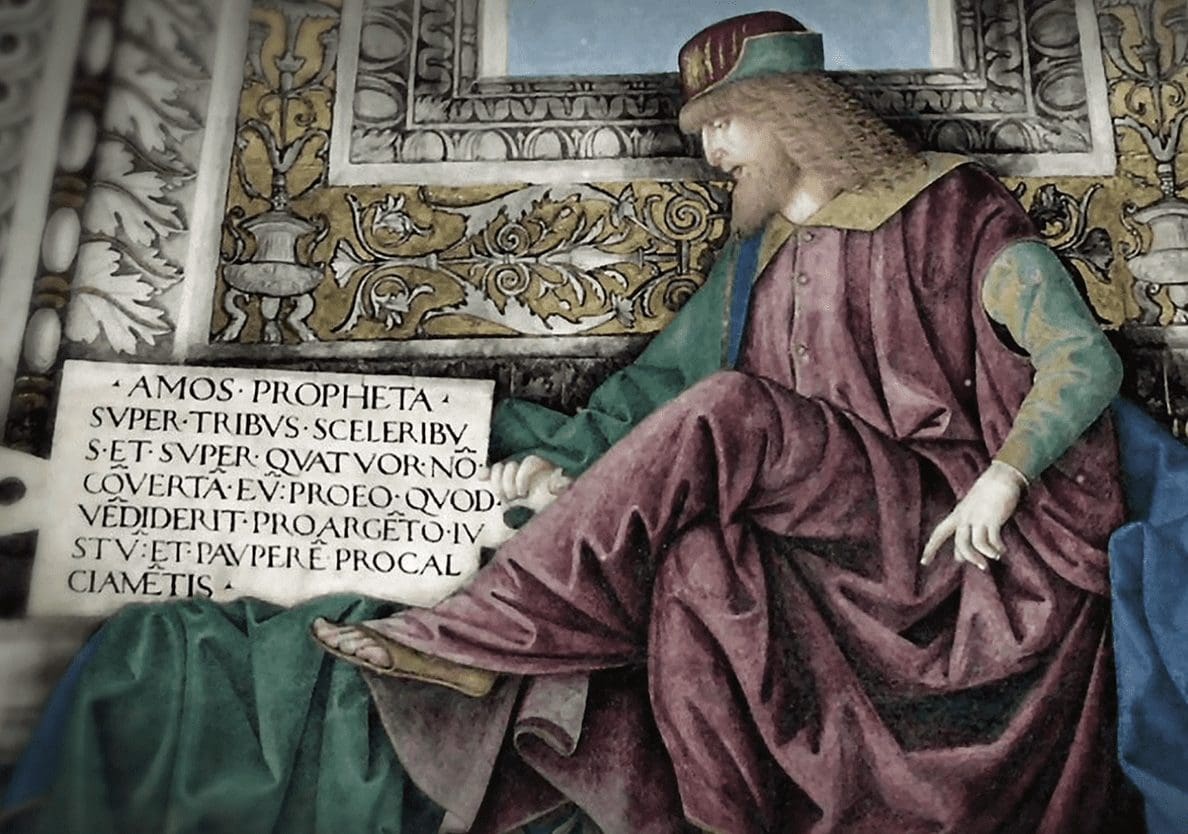
It was to the school in Ramah, where Samuel was head prophet, to which David fled for his life from king Saul (1 Samuel 19). And the prophet Elijah, prior to his “catching up”, also traveled to several of these locations (2 Kings 2), perhaps wishing to pay a farewell visit to these schools, which lay on his way to the place of ascension.
These institutions of godly prophets are a good reminder that even in a world that is largely unfaithful to the Lord, God always preserves a remnant of those who are faithful to Him. As He proclaimed to his discouraged prophet Elijah: “I have reserved seven thousand in Israel, all whose knees have not bowed to Baal, and every mouth that has not kissed him.” (1 Kings 19:18) The same remains true for us today.

Ryan Hembree is a daily co-host, speaker, and writer of Bible Discovery. He also hosts a YouTube channel that shows the unity of the Bible and how science and Scripture fit together. Ryan also has an honorary Masters of Ministry in Creation Science from Phoenix University of Theology.
[2] James M. Freeman, The Handbook of Bible Manners and Customs, 168-169
[3] Ibid.
[4] Jamieson, Fausset, and Brown.
https://www.biblestudytools.com/commentaries/jamieson-fausset-brown/2-kings/2-kings-2.html
[5] James M. Freeman, The Handbook of Bible Manners and Customs, 169



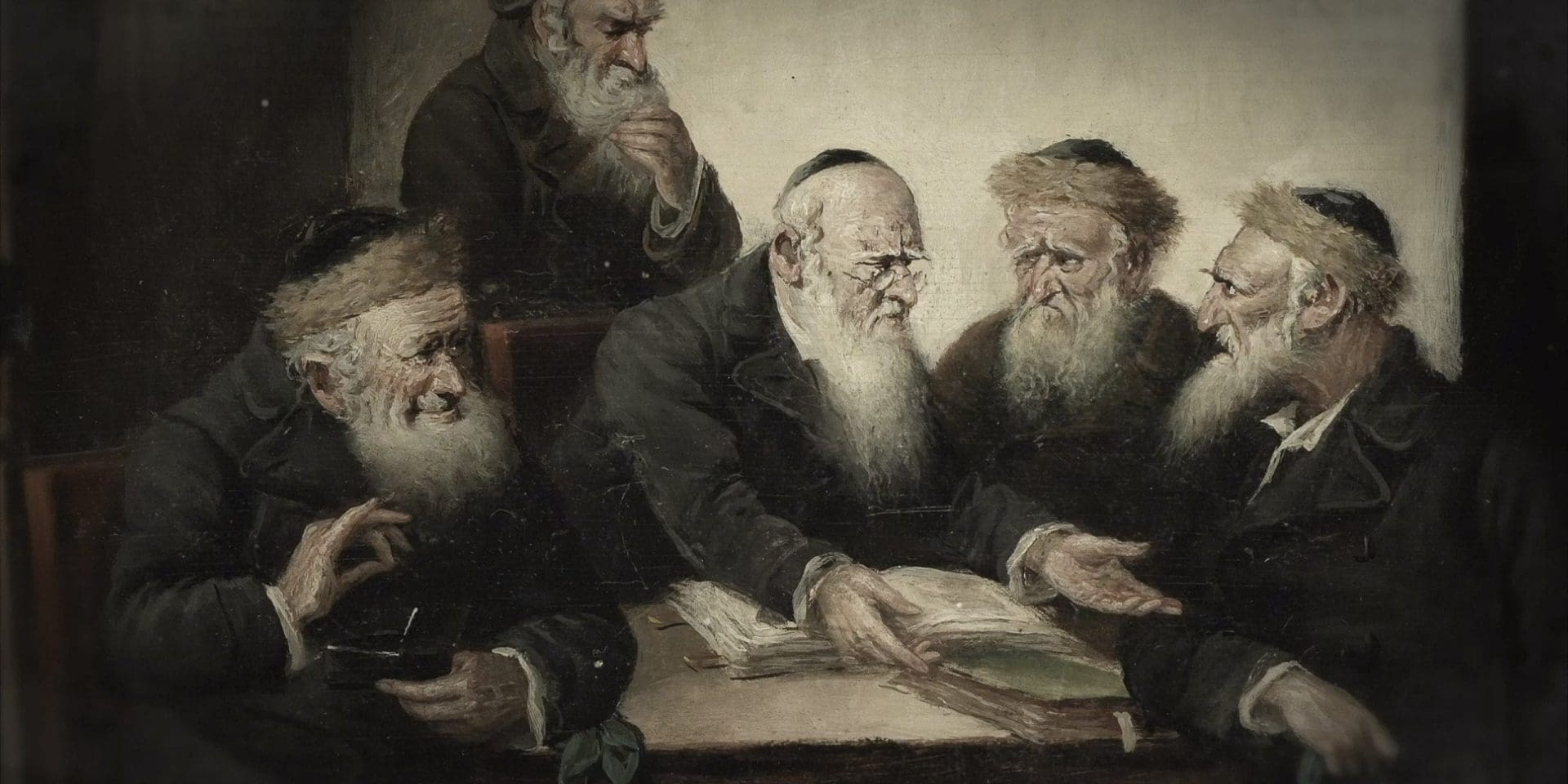
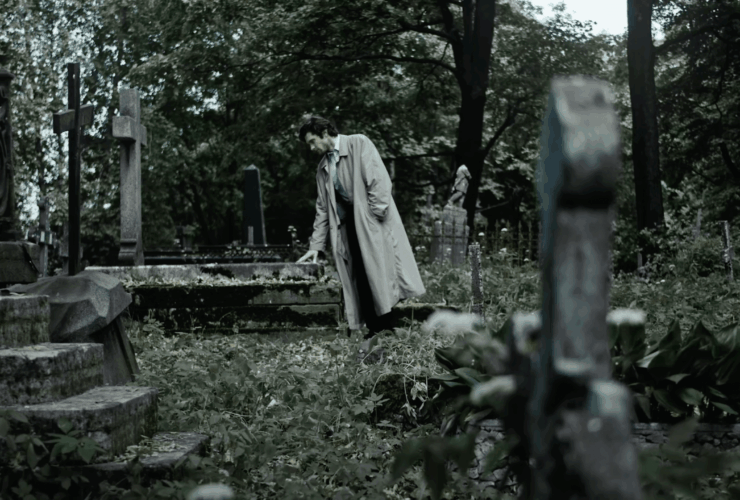

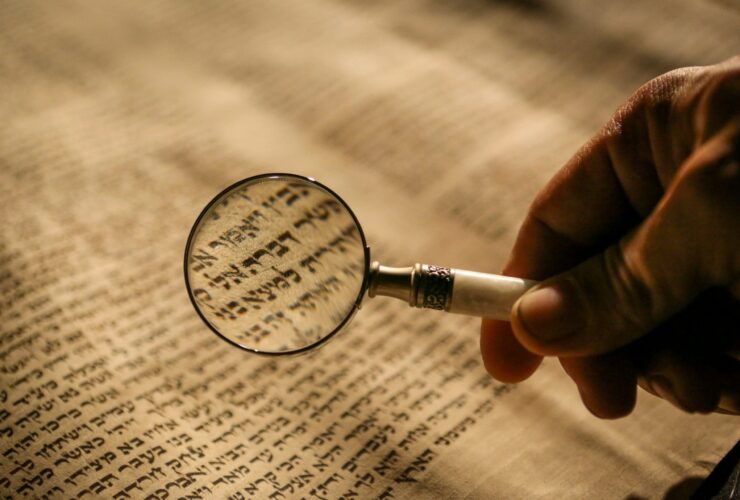
Very informative – enjoyed it greatly.